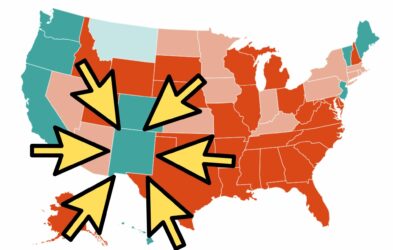By Mary Uyeda, resident of Hilo, HI
*
Not all deaths are alike.
During my 30 years of bedside nursing in Intensive Care, I have personally witnessed a wide range of deaths from perfectly peaceful to prolonged agony, often depending on the physician and nurses in charge of your care.
Most of us would choose to have a confidential understanding with our own primary physician. But this luxury no longer exists unless you are wealthy. In addition, many physicians are uncomfortable with terminal sedation. In these days of high-tech medicine, we are often just a number occupying the bed subject to the accountability of those in charge of us. Often a Living Will is overlooked or outdated, and, while it does preserve the option of no treatment, it does not address a comfortable death. By the way, “no treatment” does not translate to no care.
As a nurse, it became my mission to ensure that a terminal patient and their family had the best outcomes. It was not always an easy exit since some confused patients or families had unresolved issues. Also when a ventilator was being removed—this is called ex-tubation—the terminal sedation orders were often liberal, providing for larger-than-usual doses of pain medication. This would make the nurse liable, especially if the patient started gurgling or seizing.
As a nurse, I felt vulnerable for doing the right thing, easing the patient’s efforts as death approached. When it is my turn to exit this world, I hope that a brave physician and nurse might do the same for me.
I am one of the 8 of 10 Hawai‘i state residents who want this option. I believe that I have earned the right to die with dignity in my own bed at home with loved ones, like my parents did.
I support SB 1129, which has been long overdue during my 30 year career as a nurse.
About the Author
Mary Uyeda is a nurse in Hilo, Hawai‘i. Her personal story “We Must Do What Patient Want” appeared at our website in July 2016. Edited for length and clarity, this article is her testimony in support of SB 1129, Hawaii Death with Dignity Act, prior to today’s hearing in the Hawai‘i State Senate Committee on Commerce, Consumer Protection, and Health.

No comments.